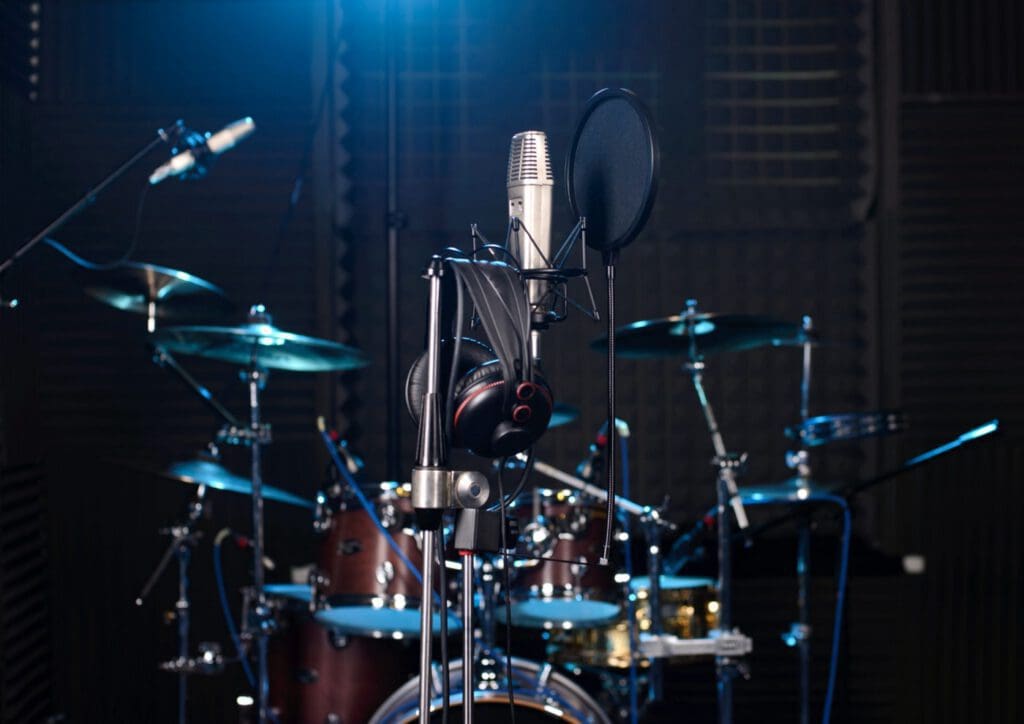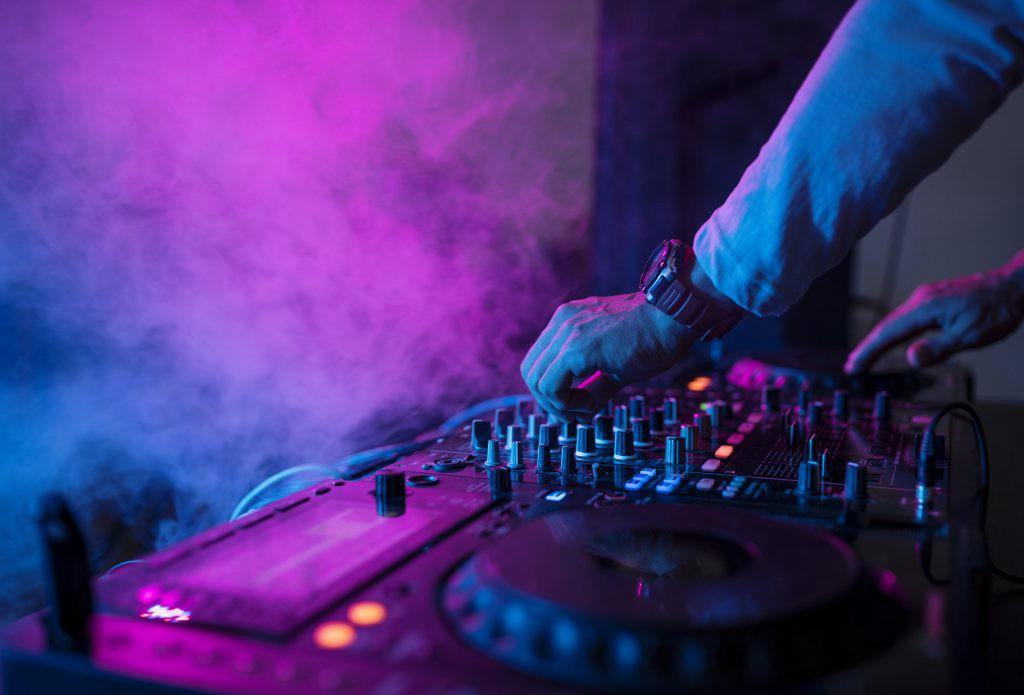If we are to name one industry that has witnessed a constant growth amidst all the raging economic and social upheavals, then it would inevitably be that of music. If reports are to be believed, the revenue collected by the industry in 2018 and 2019 alone shows an increase of 10% that is by $4.6 billion when compared with the preceding years. But, the most interesting part of the market that deals with the composition, production and commercial distribution of music lie in the fact that despite undergoing major alterations in all these years, it held its ground with a strong grip, quite unlike its contemporaries. To thoroughly predict the future of the music industry, we must take a few steps back and trace the trends that ruled the previous decades and delineate the primary factors that distinguish the present and future from the past.
The switch from physical to digital music
We, humans, tend to grow comfortable with all the constituents that are available in our immediate surroundings. Ten years ago, when we only had cassettes and VCDs to serve our cravings for music, it appeared to be one of the best things that we had in our lives. Soon after, with the inception of digital music where one could download songs from the internet or save the tracks from CDs in their computers and mobile phones, we were delighted beyond the limit and replaced the traditional approach with this newly found one. Similarly, in the present age of online streaming, physical music is marching towards its death and the current market configurations back our claim here. However, owing to the nostalgia and warmth that accompanies the recordings of vinyl, this sector saw a rise in sales but, according to experts, this is principally transient. The verity that about 75–80% of the revenue is attracted by online streaming, it wouldn’t be wrong to assert that in the coming years of the present decade too, people will choose comfort, convenience and upbeat resorts over reminiscences of the past.

Record labels will be gone
With the change of times the role of record labels that looked after the A&R, marketing and distribution of tracks will be substituted. In the past decades, it was all about the talent and voice of the artist that the labels worked with. Every time an artist emerged from a talent show or gained popularity right from the scratch, the music labels did everything they could, starting from hefty investments to creating a pool of opportunities for in the industry to increase the credibility and leverage of their records cassettes and CDs that were distributed in stores. Nevertheless, the tables have turned today and the part of music labels to introduce talent in the industry is being questioned. The ball now lies in the court of the audience, and the artists who come with the highest number of social followers and streaming numbers are signed in the contracts. Now, coming to the distribution of music, this too lies within the reach of the budding artists as subscribing to service providers in exchange for a small amount is completely hassle-free.
The music industry will start using VR
The esteem of VR and automation in the leading sectors of the market cannot be veiled any longer and given the increase in their functionalities, they can be soon expected to step into the domains of music. Recently, music festivals despite their size and grandeur have taken the industry by storm and with an aim to allow people from every corner of the world to take part in these galas and polish their experiences of the same. The gift of VR would be especially beneficial for the people who live in far off villages and do not have a reliable entertainment infrastructure so that they can seamlessly catch the live performances of their favorite artists.

Will be used as a tool for social change
As music enthusiasts, we have always believed that even though there exists a fine line between music and literature, more often than not, they are blurred. Literature for years has capitalized on its power to unabashedly voice out the opinions of the leading figures in the society and now, music too is treading on the same path. For instance, in the initial years of the past decade, pure pop songs whose only objective was to entertain the audience were the rave, and they undoubtedly basked in the limelight of glory for a prolonged span. However, with the changing times and increasing disruption of order, the world and its men don’t want to leave out on any opportunity to bring about a change. Considering the reach and influence of music, when capitalized on mindfully, it emerges as the most efficient tool to uproot the toxic norms of the society and bring together more and more people to join the revolution. Music production companies and artists are using music to put forward culturally relevant statements majorly for two reasons; firstly, it serves them with the positive attention and thus, swells their exposure and secondly, as individuals with privileged positions, they get to do their bit for the fellow beings. In the following years of this decade, we can hope to witness more and even powerful versions of this tendency.

Genres will merge
Lastly, in the present decade, we can hope to see the genres of music harmoniously merging and opening doors to something new and even more intriguing. For the last two or three years, musicians have been trying to intermix the nuances of hip-hop with those of country music to give each other an edge and keep the listeners glued to the tracks until they reach their very end. The definite rules governing the genres will be gone, and we will be left with pure and raw editions of the musical delights. In 2019, the collaboration of K-pop group BTS with Halsey fashioned “Boy With Luv” which topped the charts of the year for quite a while. The best part about marrying these genres lies in the reality that they beautifully combine various styles and sounds that were once thought to exist apart from each other.
AI will take over
The developments in the music industry and the influence of AI in it has been remarkable. Even today, it has been put to use in the ease of the life of every musician: Guitar Music Transcription using AI

